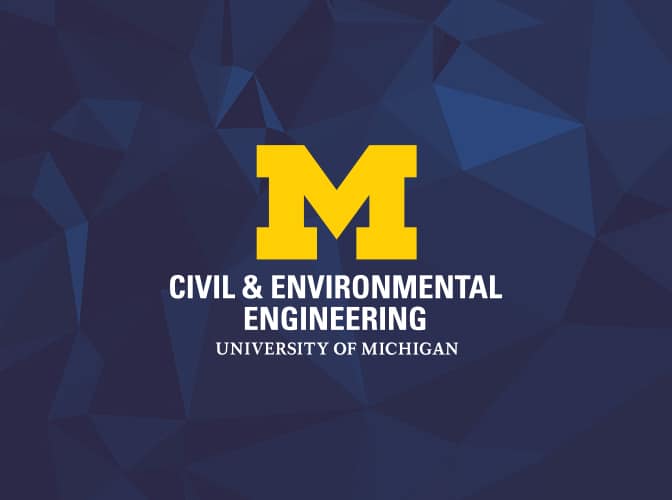
Emeritus Professor Richard Woods named to the NSF’s Network Independent Advisory Committee
Prof. Woods has been appointed to the Network Independent Advisory Committee to oversee the NHERI Network for a five-year term beginning May 1, 2017.

Prof. Woods has been appointed to the Network Independent Advisory Committee to oversee the NHERI Network for a five-year term beginning May 1, 2017.

The National Hazards Engineering Research Infrastructure (NHERI) system replaces the former George E. Brown Jr. Network for Earthquake Engineering Simulation (NEES) with a broader scope covering multiple natural hazards. Recognizing the national need for resilience against multiple natural hazards, the National Science Foundation (NSF) has initiated a new chapter in hazards research with a $40-million investment in Natural Hazards Engineering Research Infrastructure (NHERI).
Many U.S. communities are vulnerable to more than one kind of natural hazard. A single hazard event can bring several dangers: Hurricane winds can generate storm surges and flooding, and earthquakes can trigger landslides and tsunamis.
Water, energy and communication systems; tunnels and industrial facilities; and national military security infrastructure all depend on their ability to withstand natural forces. The stakes are enormous.
To help better understand and resist the impacts of earthquakes, wind and water hazards, NHERI will provide a network of shared, state-of-the-art research facilities and specialized tools located at universities around the country.
NSF’s investment in NHERI will allow researchers to explore and test ground-breaking concepts to protect homes, businesses and infrastructure lifelines, and will enable innovations to help prevent natural hazards from becoming societal disasters.
The NHERI program is also a critical investment in America’s human capital, providing educational opportunities to students who will engineer our communities and plan our disaster responses of the future.